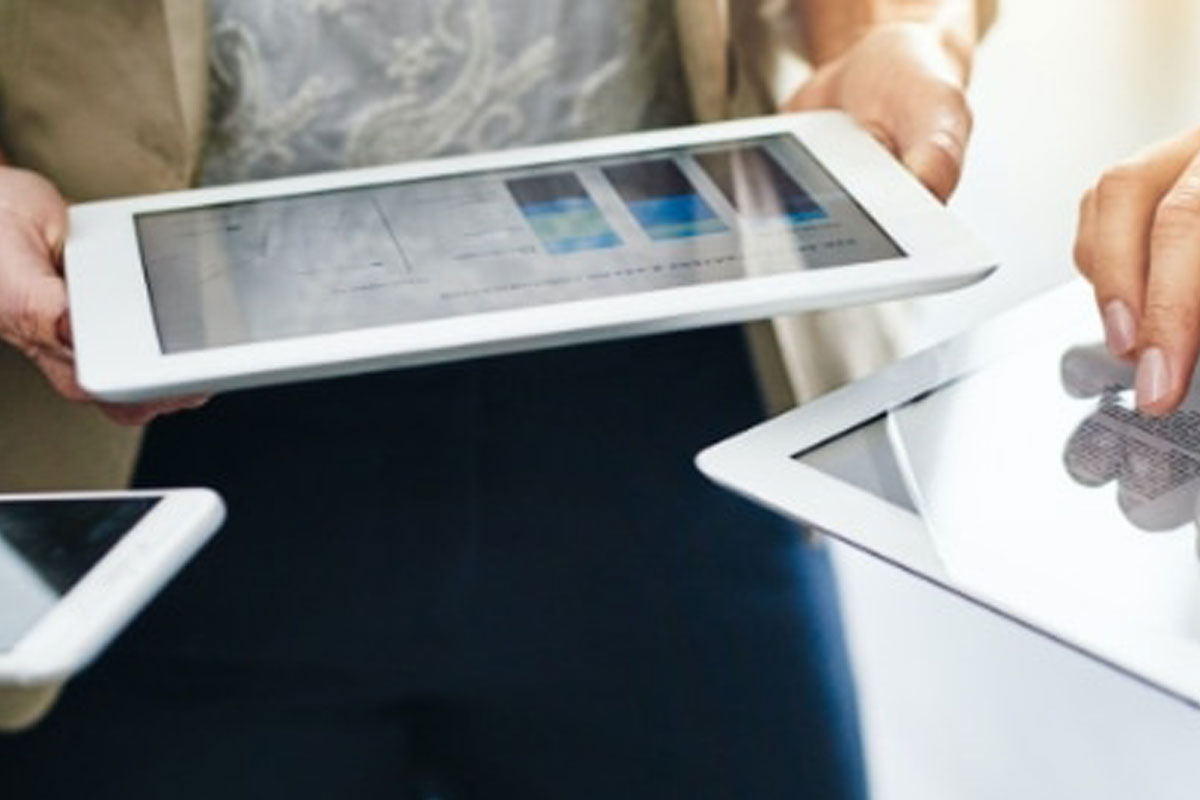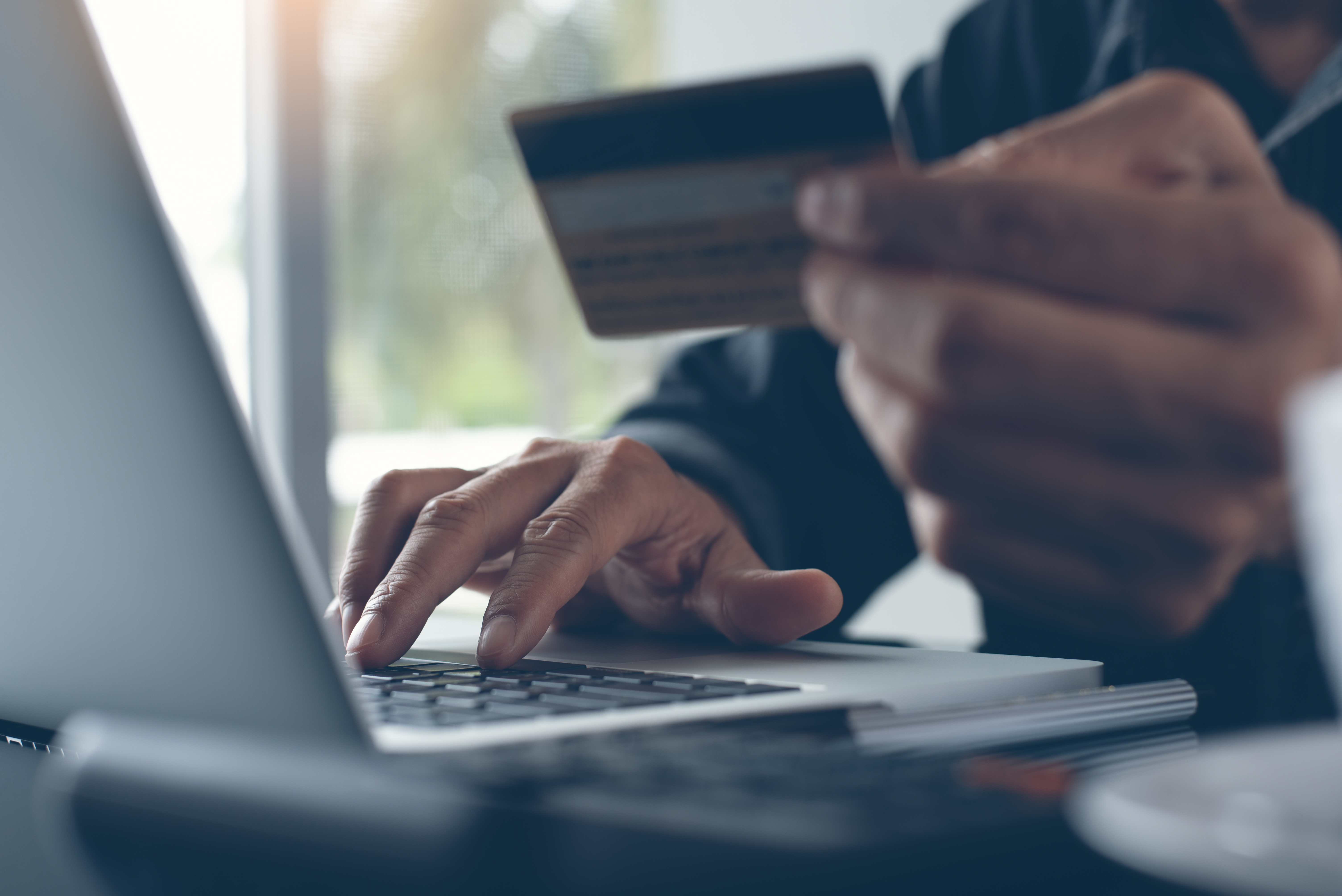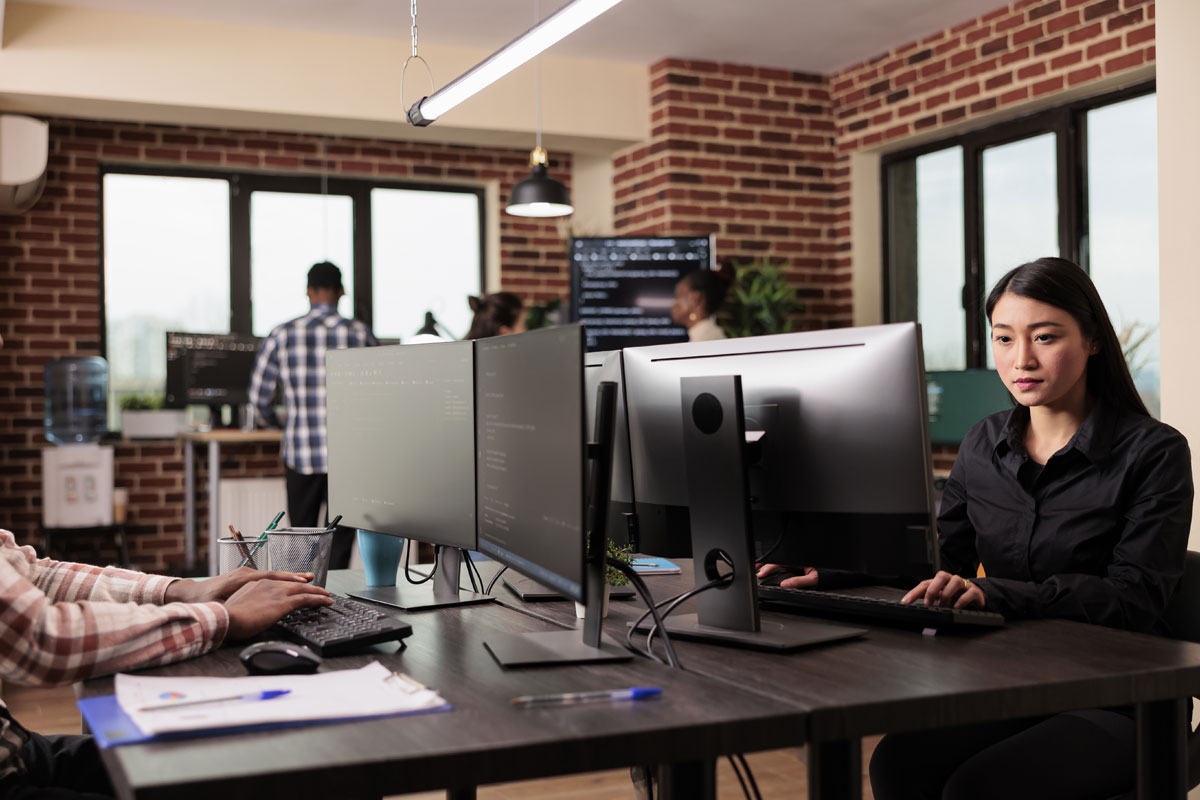Bring your own device (BYOD) setups became especially popular during the COVID-19 pandemic when many employees suddenly had to work from home. Since workers could use their personal devices to perform their tasks, businesses did not have to invest in extra hardware to remain operational.
For all their benefits, however, BYOD setups come with significant cybersecurity risks that you need to be aware of in order to properly protect your business’s data. These risks include the following:
1. Unsecured networks
If your employees are using their own devices to work remotely, they might connect to free public Wi-Fi networks, such as those offered in airports and cafes. Unfortunately, these networks are unsecured and any sensitive data transmitted over them could be intercepted by cybercriminals. Worse still, personal devices are often unequipped with solutions like hardware encryption to frustrate data thieves.
Many workers use free Wi-Fi in order to save on data usage. If your company can afford it, encourage your staff to use mobile data and other paid connections while working off-site by making a policy of reimbursing their connectivity expenses. Alternatively, you could let remote workers use virtual private networks, which encrypt data and make it unreadable for data thieves.
2. Lost devices
Because workers usually carry their personal devices around, there is a high chance of these devices getting stolen or misplaced. Any locally stored data would be lost along with the device. Additionally, it’s likely that whoever finds the device would try to access its contents, exposing any sensitive business data.
Require your staff to install encryption software that will render data unreadable to anyone without the decryption key. Also, consider implementing a remote wipe feature on all personal devices used to access business data. Should an employee lose a device, this feature will enable your IT team to remotely erase any sensitive data stored on it.
3. Malware
You have little to no control over how your employees use their personal devices outside of work hours. They may be accessing dangerous websites and files that could infect their devices — and, subsequently, the devices used by other employees — with malware. Considering the cost of ransomware attacks, malware infection can be very concerning.
Many personal devices are equipped with firewalls and anti-malware software, but these offer basic functionalities that are often inadequate to counter more sophisticated cyberthreats. One way to mitigate this risk is to sign up for enterprise-grade cybersecurity tools that accommodate multiple users across different devices. This ensures that all devices used to access business data are properly protected against malware.
4. Insider threats
In BYOD setups, it’s easy for employees to transfer sensitive business data to their personal devices accidentally. Disgruntled employees may even do this on purpose, with the intention of leaking the data, using it for blackmail, or selling it to your competitors.
Address this issue by ensuring that all BYOD devices used to access business data have proper data loss prevention (DLP) tools installed. DLP software can monitor and restrict the transfer of sensitive data, making it much harder for employees to accidentally or deliberately leak confidential information.
Moreover, limit the resources that employees can access to only those that they need to perform their tasks. For example, HR staff should not have access to your company’s books. This limits the amount of information that can be exposed at any given time and makes it easy to trace the source of any data leak.
5. Malicious apps
App stores contain millions of apps that can improve your staff’s productivity. However, not all apps are safe to download as some can carry malware. In fact, Kaspersky reported blocking over 9.5 million mobile malware attacks, most of which involved RiskTool, in Q3 of 2021.
The best way to avoid malicious apps is to download applications only from reputable repositories like Google Play Store and the Apple App Store. These app stores carefully vet the apps they carry, minimizing the risk of users finding malicious programs.
BYOD can help your business save money and other resources, but it comes with risks that you need to address to avoid serious problems along the way. The IT experts at Complete Technology can help you implement solutions for effectively managing your BYOD arrangement and its risks and improving your company’s overall cybersecurity posture. Contact our cybersecurity specialists today to learn more about our services.







